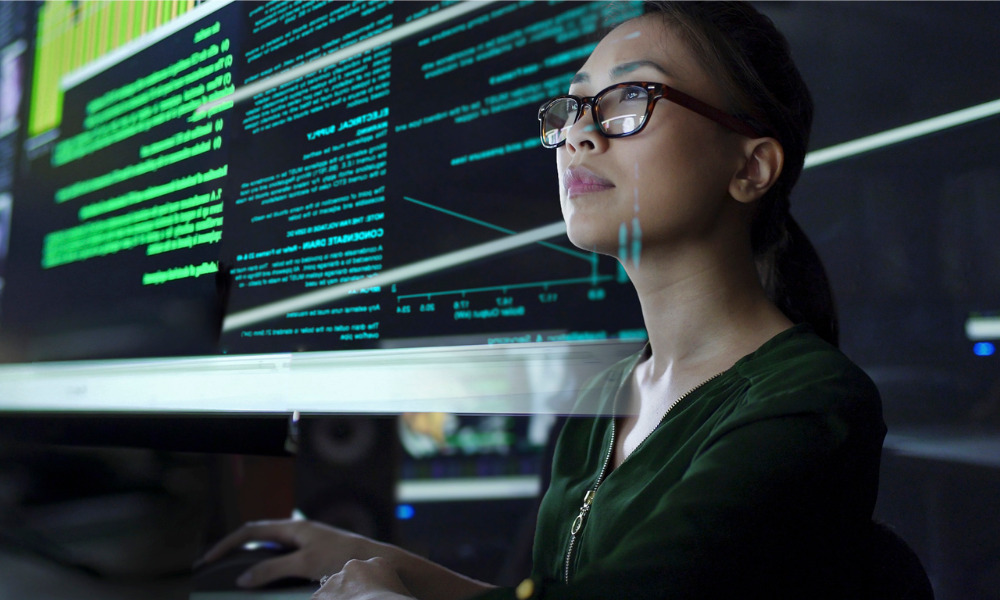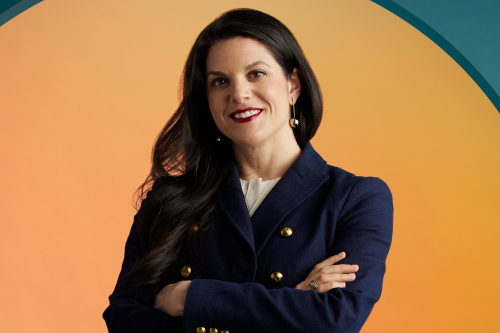Deloitte launches campaign highlighting company’s cyber workforce

In an effort to entice more women into careers in cyber-professions, Deloitte recently launched an awareness campaign: Women in Cyber.
It includes a series of photographs and video in profiling women at the consulting firm while highlighting the company’s 25 per cent female workforce in its 22,000-strong cyber-workforce worldwide.
“The campaign is aimed at being able to show women that cyber is an industry where they can have a meaningful, important, highly contributive career, and one that is open to everyone,” says Beth Dewitt, Canadian leader data protection and privacy partner risk advisory at Deloitte Canada in Toronto, in talking to Canadian HR Reporter.
“It’s about shining a spotlight on the role that women can play through their diverse experiences, their lived experiences, the diversity of their thought, and contributing to solving some of the world’s complex problems.”
With the advent of COVID-19, which has upended many things around the world, new ways of solving business problems using cyber technologies will have to implemented, according to Dewitt, and a gender and diversity lens should be applied.
“It’s increasingly important that when we design these systems and think about who is going to be using the systems, that we do so in an equitable way as possible. And it’s really about being able to say, we have to increase the representation of the diverse voices in the cyber field to help ensure that we’re designing systems within our society that are going to create that equity, that fairness, that balance, that accessibility to all.”
The program is a way for Deloitte to illustrate that women are making a real-world difference, especially in cyber jobs, she says.
“This campaign, which was designed by women, features our own women: the photographer and the team behind it are women; is an attempt to show other women that they can see themselves in the team that we have at Deloitte. The idea is to be able to show other women that there’s more like them, and that they can come and join us.”
The company will also undertake training to increase the “cyber fluency” among its own workers, says Dewitt, and will examine such topics as imposter syndrome and gender biases while offering leadership training.
“Similarly, doing webcasts and podcasts with them and writing blog articles either as Deloitte proper or in conjunction with our clients that talk about a number of the emerging topics in cyber and why they’re so important, and critical to how the world as a whole will operate in a more digital and interconnected space.”

Beth Dewitt
“It’s really to change the narrative around who the cyber workforce is,” she says.
For HR departments, some of the ways to bring on more women into these careers may already exist, according to Dewitt.
“All of the strategies that have been put in place by HR teams that try to remove gender bias in the hiring process and in the retention process, apply to cyber. There’s lots of insights that the industry as a whole can bring, specifically to the pillar of cyber around purposely looking at ways of removing that bias of specifically making sure that there is an adequate volume of professionals that are being screened and considered for roles.”
While some gender-equality efforts at organizations face “fatigue,” according to one study, one employer realized greater overall diversity after implementing a focus on advancing women.




